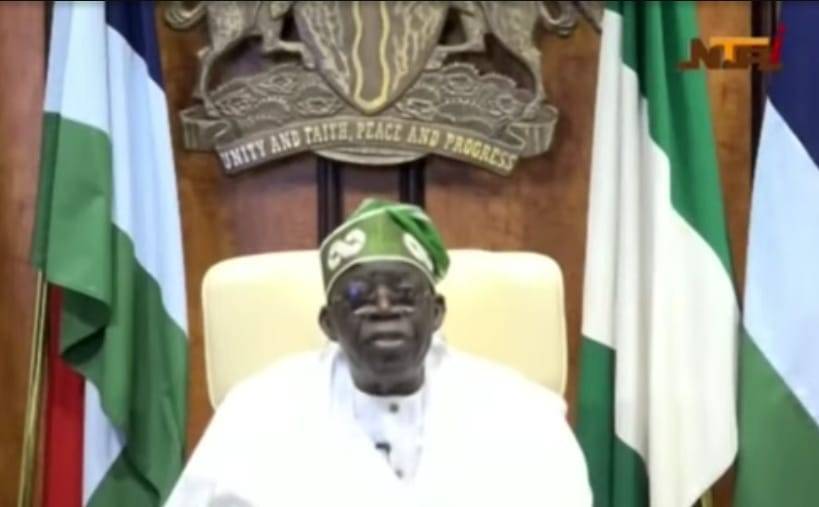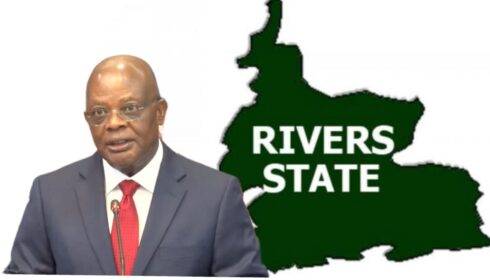President Tinubu‘s recent allocation of portfolios to 45 newly appointed ministers has been met with a collective sigh of relief from Nigerians, the business community, and international partners. The delay in nominations to the Senate had stalled the administration’s progress, but with these appointments, the President has signaled the commencement of his governance. Now, both President Tinubu and his newly formed cabinet need to swiftly implement policies to extricate the country from its current challenges.
No Time to Waste: President Tinubu Must Commit to Swift Effective Governance
Time is of the essence. President Tinubu’s promise to “hit the ground running” after winning the presidential poll on March 1 fell short due to politics of favoritism, unpreparedness, and a lack of competence. The three months between his electoral victory and inauguration were squandered, and he barely met the 60-day legal limit after inauguration to present the initial list of 28 ministerial nominees.
The President’s initial commitment to assemble a cabinet of technocrats has proven to be insubstantial. Instead, the cabinet is dominated by political figures, including former state governors and individuals affiliated with political ‘godfathers’.

While some of President Tinubu’s nominees have garnered recognition for their expertise, others in crucial positions have instilled more apprehension than hope for a better future.
In the Crucible of Challenges
Nonetheless, President Tinubu has exercised his constitutional right to appoint ministers, and the Senate’s screening process, as usual, has not been ideal. The choices of both branches of government are now what Nigerians must contend with.
The time has come for this team to act decisively and with quality. Nigeria is facing dire circumstances. Poverty is rampant, as are criminal activities and terrorism. Unemployment, which has been on the rise for decades, is set to worsen due to sudden policy shifts such as the discontinuation of petrol subsidies and the naira’s recent floatation by the Central Bank of Nigeria. Experts forecast the unemployment rate to surpass 41 percent this year, with youth unemployment already at an alarming 53 percent.
Nigeria’s Economic Impact and Urgent Need for Governance Reform
According to the World Bank, these measures will contribute to the addition of 7.1 million more individuals to the extremely poor population, which already stands at 32 percent of the country’s total, as per the World Poverty Clock. Scarce foreign exchange, energy shortages, and production halts have severely impacted key sectors such as SMEs and agriculture, which are primary contributors to production and employment.

Recent events, such as the downing of a Nigerian Air Force helicopter and the killing of soldiers in Niger State by bandits, underscore the urgent need for improved infrastructure and effective governance. Inefficiency, corruption, and impunity are rampant.
Reinvigorating Nigeria: President Tinubu’s Path to Renewed Hope
President Tinubu must invigorate his cabinet to restore confidence in governance and democracy, aligning with his “renewed hope” mantra. To achieve this, he must lead with determination, outlining comprehensive plans tailored to each sector. Setting clear targets, timelines, and roadmaps and ensuring seamless coordination between programs and ministerial teams are paramount.
Redefining ministries and titles should not be superficial; individuals like Wale Edun, the Minister of Finance and Coordinating Minister of the Economy, should receive explicit support and a strategic blueprint to drive positive outcomes. It’s crucial to encourage innovative thinking and avoid wholesale adoption of World Bank/IMF recommendations.
Unlocking Potential: Leveraging Expertise in Key Ministries for a Stronger Nigeria
President Tinubu should capitalize on Ali Pate’s expertise in healthcare and international exposure, transforming the country’s ailing healthcare system under the banner of Coordinating Minister of Health and Social Welfare, along with establishing an effective social safety net. Bosun Tijani, an IT specialist handling Communications, Innovation, and Digital Economy, must be empowered to position Nigeria in the global digital realm, an economy valued at $4.5 trillion by the World Bank in 2021.
While some are skeptical of critical ministries being assigned to recycled political figures with questionable records, President Tinubu bears the responsibility to lead effectively. Vigilant oversight, close monitoring, and an insistence on accountability are essential.
Given Nigeria’s current security challenges, the absence of former senior military officers in the cabinet is a notable gap that needs rectification.
Inefficiency and extravagance should be curbed, and there must be a zero-tolerance approach towards corruption. The time for action is now. President Tinubu and his cabinet must work diligently, channeling the efficiency of ants and the fervor of patriots to propel Nigeria’s progress
Table of Contents
Discover more from OGM News NG
Subscribe to get the latest posts sent to your email.














